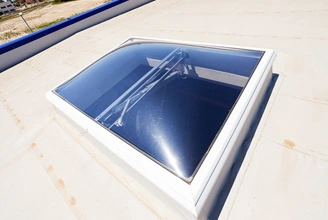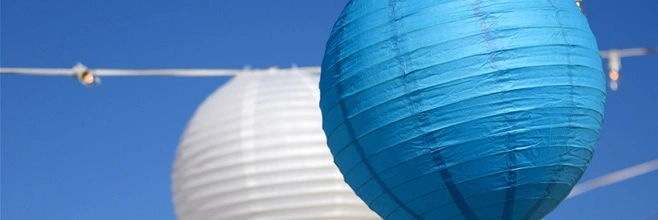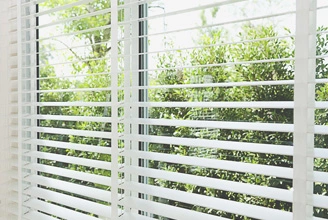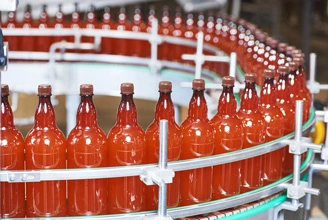As a professional UV absorbers supplier, TINTOLL offers the plastics industry a range of hindered benzoates, benzotriazoles, benzoxazinones, benzophenones and triazine as high-performance chemical UV absorbers for polymers that effectively protect adhesives, plastics, coatings and elastomers from the damaging effects of outdoor weathering caused by exposure to UV light. The selection of UV light absorber should consider the characteristics, melting point, volatility, solubility and absorption spectrum of different products.
Chemical UV absorbers are a common way to protect plastics from UV rays. When choosing a UV light absorber additive, you can consider the following factors:
Type and model of plastic
Processing equipment and conditions
Selection and use of other chemicals
UV absorbers wholesale are types of polymer stabilizers and are classified by chemical classes such as benzotriazoles, benzophenones, triazines and oxanilide UV absorber. Each category has its own UV absorbing properties. For example, benzophenone and triazine types tend to absorb more strongly.
The most common UV absorbers for polymers are:
Benzotriazoles
Benzophenones
Organic Nickel Compound
As a leading UV absorbers supplier, TINTOLL UV absorbers wholesale dissipate energy in less damaging forms. UV stabilizers act as scavengers, reducing the reactivity of any free radicals formed inside.

UV light can damage these materials, but not as quickly as wood.

UV light can degrade many natural and synthetic polymers, including neoprene, polyvinyl chloride (PVC), and most types of rubber. UV light can cause these materials to fade in color and lose strength. UV light also makes rubber hard and brittle.

These polymers are at increased risk from UV light. UV light can interact with tertiary carbon bonds in its chain structure, and then react with oxygen in the atmosphere.

UV light can cause slight degradation of the outer shell of PVC pipe. Depending on the color of the pipes, they may start to appear brown or yellow.
However, not all materials are harmed by UV rays. Metals, ceramics, and some types of glass are often UV resistant. Acrylic is one of the only materials of manufacture that is inherently UV resistant.
UV absorbers are additives that protect materials from UV damage and degradation.
They work by absorbing UV rays and re-emitting them in a lower energy state. This converts the UV light into harmless heat energy.
Chemical UV absorbers help protect materials from fading, discoloration and other problems.
The amount of UV light absorber required depends on its concentration and the thickness of the surface.
The most important class of UV absorbers wholesale are the hydroxybenzophenones. Triazines are considered the best chemical UV absorbers. It helps protect coatings by absorbing sunlight instead of letting it reach adhesives, plastics, coatings and elastomers.